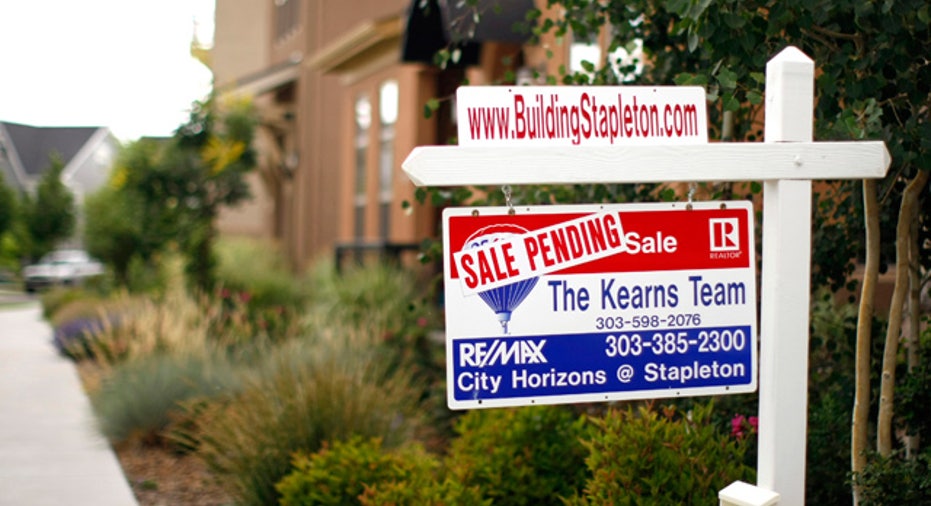Selling 'As Is' Isn't as Easy as It Seems

Selling a home as is can save repair dollars, but the sales tactic has risks and other considerations sellers should keep in mind.
The main danger of selling a home as is comes from the possibility it will fetch a rock-bottom price. Sometimes, but not all the time, it's more cost-effective to pay for repairs to merit a higher purchase price.
Sellers can advertise their home any way they choose, whether that means as is, willing to make repairs or no comment on the subject, says Patti Ketcham, owner of Ketcham Realty Group in Tallahassee, Fla.
Some sellers don't want to make repairs because they have lived in the home themselves for a long time and don't see the need for improvements, Ketcham says.
"The house is held together with duct tape," she says, "and it's worked fine for them for 45 years, so (they're thinking), 'Why in the world would I need to put in granite countertops?'"
Other sellers are upside-down or underwater -- they owe more on the mortgage than the home is worth, says Jan Baron, a Realtor at HomeSmart Real Estate in Temecula, Calif. These sellers need the lender's permission to close a short sale, and because they expect to lose money on the deal, they're in no mood to pay for repairs.
Virtually all bank-owned homes are sold as is, though in those cases, the stipulation is more about responsibility than the repairs themselves.
"Banks are more worried about the liability," Baron says, "though they don't want to make any repairs they don't have to. The short sellers are thinking more about that they don't want to pay out of pocket because they don't have the money."
Buyers Can Negotiate for Repairs
Moreover, an as-is sale doesn't mean buyers won't try to negotiate repairs because the home's condition, like the sale price, is subject to negotiation regardless of how the property is advertised. In fact, Ketcham says she advises buyers to make an offer on terms they prefer rather than what the seller wants. Just because a house is advertised as is does not necessarily mean it will be sold under that stipulation.
Many states require sellers to make disclosures about a home's condition to prospective buyers, says Joanne Fanizza, a real estate attorney in Farmingdale, N.Y. An as-is sale generally doesn't erase such obligations as much as sellers might wish it did.
Nor does as is mean the buyer will waive a home inspection. Ketcham says sellers can try to head off buyers' demands by getting an inspection before they put their home on the market and using that to price the property and inform prospective buyers of what will and will not be repaired.
"It puts your house in a category way above all the other houses buyers have to look at if you've already had the inspection done," she says.
As Is May Mean Lower Sale Price
The biggest risk of an as-is sale is a lower sale price. For sellers who have no equity, this trade-off is irrelevant. But for those who expect a profit, it should be a real consideration.
The lower sale price occurs because some buyers will avoid any house being sold as is. First-timers in particular may be unable or unwilling to make repairs or fearful of such tasks, says David Tamny, owner of Professional Property Inspection in Columbus, Ohio.
"People are attracted to an as-is property because they see that house as being (priced) below what it maybe was worth a number of years ago, but once they find out (it needs repairs), it's not really so attractive to them," he says. "They don't have money for repairs, and they don't necessarily have the skill set to make repairs."
"As is" carries a stigma, Tamny says, since the term suggests the house is in poor condition.
"Most houses that are sold as is are sold as is for a reason," he says. "Something is wrong with it usually, and the sellers know they can't deal with it."
The bottom line is that today's housing markets are competitive, and buyers will choose another home if they're suspicious of the seller's motivations, or they believe a home isn't a good deal based on its location, price and condition.
"If you're selling," Ketcham says, "your house has to be priced a little better than the other four houses the buyer will look at that same day."



















